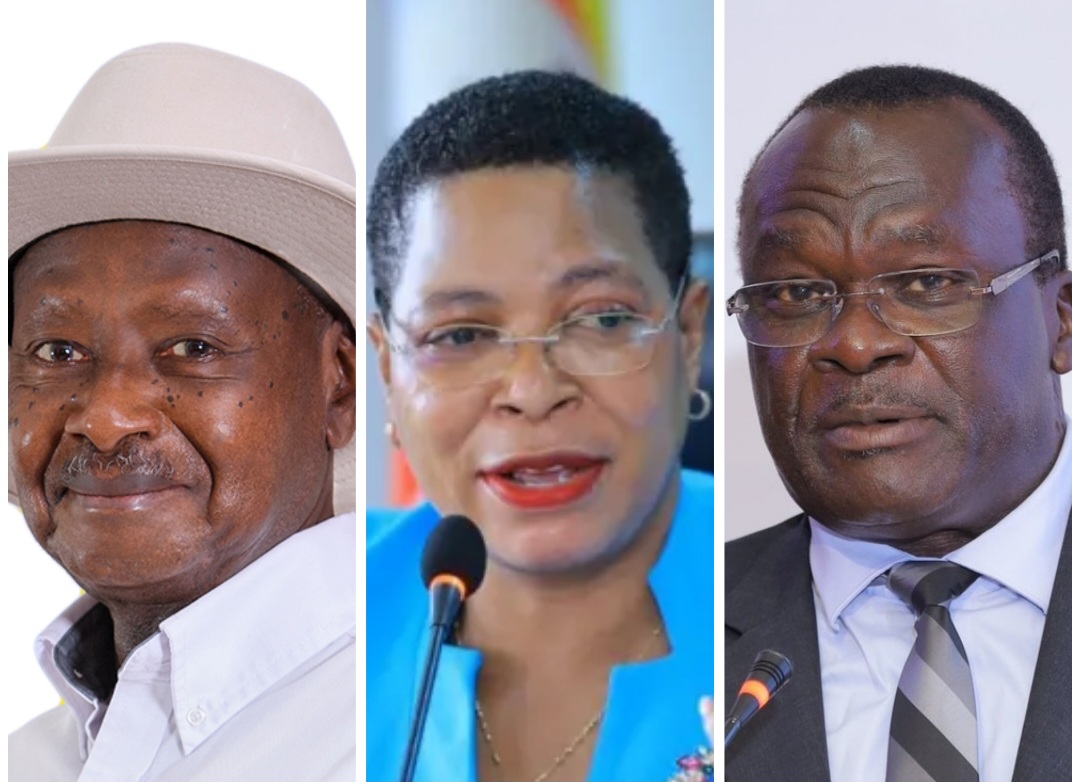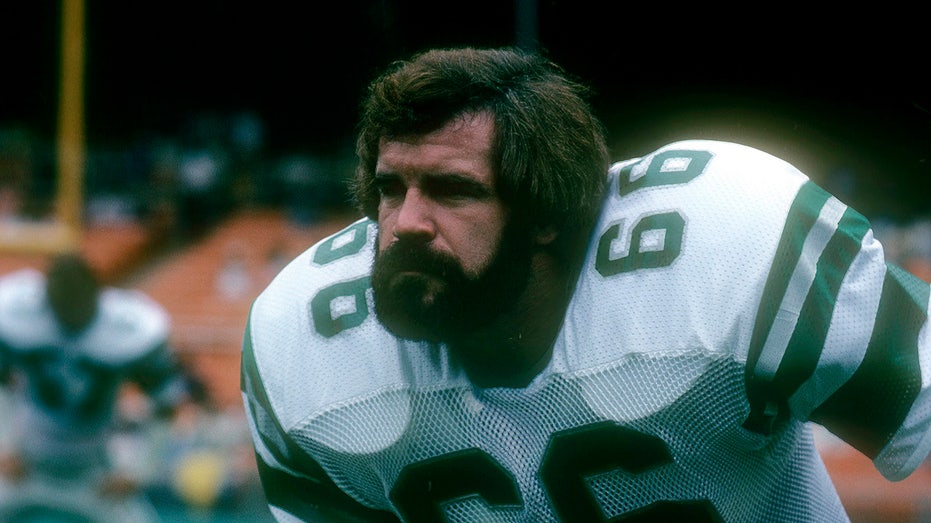FARUK KIRUNDA: President Museveni is the core pillar of Uganda’s democracy
The Bertelsmann Stiftung’s Transformation Index (BTI) report of 2024 makes some grievous observations about trends in Uganda’s democracy which deserve a response. The report suggests that Uganda has been getting “increasingly de-democratized with decision making increasingly concentrated in the hands of the President and that rights and freedoms, including those of expression and association (have […] The post FARUK KIRUNDA: President Museveni is the core pillar of Uganda’s democracy appeared first on Watchdog Uganda.

The Bertelsmann Stiftung’s Transformation Index (BTI) report of 2024 makes some grievous observations about trends in Uganda’s democracy which deserve a response. The report suggests that Uganda has been getting “increasingly de-democratized with decision making increasingly concentrated in the hands of the President and that rights and freedoms, including those of expression and association (have been) curtailed”.
The report further claims: “Nearly 40 years later, the country’s democratic progress has taken a step backward. Museveni’s leadership has become more autocratic, and his administration has deviated from the democratic and liberation ideals proclaimed in 1986.”
It added that the army is often influenced by the President and that the President and his allies frequently resort to financial incentives or military force to coerce politicians who resist presidential demands during the election period.
I don’t know which methodology was applied in reaching these conclusions but what I am sure of is that it was not “democratic” nor was it balanced.
On the claim that Uganda’s growth as a democracy has taken a step back under President Museveni, what yardstick have these reporters from the Bertelsmann Stiftung’s Transformation Index (BTI) used to conclude as such? What was the starting point from which they measured the regressive trend? It certainly can’t have been from the time of the colonialists or through the early post-independence era of Idi Amin and Dr. Apollo Milton Obote, the Okellos, Counsel Godfrey Binaisa and Prof. Yusuf Lule because then, democracy was in name and very limited in scope. Ugandans could not even vote their President directly, until 1996.
It is President Museveni who has fostered popular, citizen-based democracy, growing the involvement of citizens at all levels in so many ways. The initial Parliament called the National Resistance Council (NRC) of 1989 had 98 members. The 1996 elections, through 2001 and in the subsequent elections at five year intervals there has been a progressive expansion of Parliamentary representative democracy with the current Parliament elected in 2021 having 556 members, with a 109 strong opposition bench. Unless, here we are saying that only when the opposition has more seats can we say that democracy is progressing.
Ugandans have always gone to the polls and elected their preferred leaders across the political divide, with President Museveni garnering majority support since 1996 and the Movement/NRM dominating elections in all electoral areas including the Local Councils.
As part of strengthening democracy, the judiciary’s doors are open to receive and settle disputes arising from elections at any level including the Presidency. Each time, President Museveni has won those petitions while a number of ruling NRM MPs and LC leaders have been petitioned out of office by their opposition rivals.
When we have more elected leaders in the country than ever before does that represent backsliding in democracy?
Museveni an autocrat? I don’t think so. He is the embodiment of a democrat. There is a tendency to classify leaders that have stayed for some time in leadership as dictators but that is a language applied by their competitors in order to attract undue sympathy when they fail to win over the masses.
All the powers the President exercises are Constitutional. It would help if specific instances in which he has made decisions that he ought not to make are named. If there is any such decision, it can be struck down through the courts. President Museveni isn’t an ordinary leader; he is very astute and intentional, and has gained great experience which makes him able to navigate the political terrain better than others. That’s the advantage of having senior and experienced leaders. It doesn’t mean that decision making is concentrated in their hands. It means that they have what it takes to guide the nation.
On the claim that the army is influenced by the President:
I am not sure what that means. However, the President is the Commander-In-Chief of Ugandan’s army, the Uganda People’s Defence Forces (UPDF). As far as I know, that’s not an honorary role, it has executive command powers with it. Are we saying that President Museveni should abdicate that duty? At the same time, UPDF is a highly advanced force with broad structures for its administration. It’s not a one man’s show.
On the claim that the president and his allies frequently resort to financial incentives or military force to coerce politicians who resist presidential demands during the election period: Again, this is not clear.
How does the President do this and who are these politicians and what nature of demands are made on them? Such claims are based on rumours and I may not respond directly to rumours unless furnished with specific instances of who was coerced or financially incentivized, when, where and to do or not to do what?
Uganda’s democracy is much better today with President Museveni than in 1986, and it’s projected to grow on all fronts, including the quality of representation, service delivery and human rights observance. This very year is a campaign and election as we head into party primaries and subsequently campaigns leading to the general elections in January next year. We expect a larger field of democratic play than ever before.
I urge observers of our governance and electoral trends not to paint a grim picture of our progress in democracy terms. It may discourage our people from exercising their Constitutionally-conferred mandate and if that happens, that will again be blamed on Museveni.
Let it be known that His Excellency the President is open to all avenues and ideas aimed at improving and promoting democracy at all levels. That’s why the National Resistance Movement (NRM) party, of which he is the National Chairman, has “Democracy” among its four core principles. President Museveni is the core pillar on which Uganda’s democracy stands. He fought for it and remains in power to ensure that an unshakeable culture of the same is established for posterity.
The author is the Special Presidential Assistant-Press & Mobilisation/Deputy Spokesperson
Email: faruk.kirunda@statehouse.go.ug
0776980486/0783990861
The post FARUK KIRUNDA: President Museveni is the core pillar of Uganda’s democracy appeared first on Watchdog Uganda.



